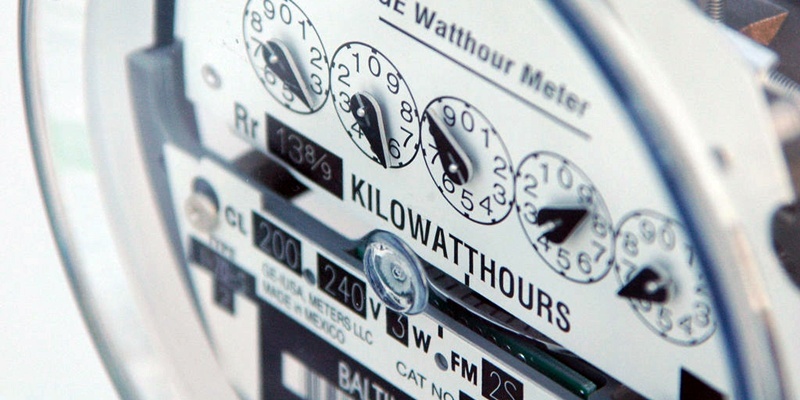The recession could be good news for the planet as people try to save money by cutting down their energy consumption.
Sharon Bain, co-ordinator of the Solar Cities Scotland project in Dundee, which promotes the use of energy-saving technology, said demand has been rising despite the country’s economic woes.
Businesses and homeowners are attempting to cut their costs by reducing the amount of electricity and gas they use, and some firms are even hoping to exploit the demand for environmentally friendly products.
“Individual householders are keener than ever to make their homes more energy efficient and install insulating measures,” said Mrs Bain. “This is partly due to the savings they can make on their bills but also due to the excellent grant offers that are available at the moment.
“Residents in certain parts of Dundee can have their existing loft insulation topped up for free through the home insulation scheme, and Solar Cities Scotland have their own insulation promotion scheme offering loft or cavity wall insulation from as little as £129.”
Mrs Bain said schemes like the renewable heat incentive, which encourages switching from fossil fuel heating, have made greener technology more popular at home and at work.
Federation of Small Businesses public affairs manager Colin Borland said a majority of firms recognised the savings possible through becoming more energy efficient. “People are looking at every aspect of their business to see where they are wasting money and every aspect of waster they can cut down on has an environmental impact,” he said. “Things we used to call thrift are now being called green.”
He said around a third of businesses believed they could make money from environmentally friendly products or services, not just save money by cutting waste or reducing their energy bills.
However, he warned the difficulty businesses are experiencing in gaining access to credit means many are unable to afford making their properties more environmentally friendly.Friends of the EarthA spokeswoman for Friends of the Earth Scotland agreed saving money and going green are not mutually exclusive. “When money is tight,” she said, “decisions always seem to come down to cash rather than ethics or environmental impacts. This misses the opportunity to acknowledge that decisions that save money can also benefit the environment.
“Government, businesses and individual households could be saving cash and the planet by making canny choices. In Scotland, the average household throws away £430 worth of food waste every year, so thinking more carefully about our trolley full of food could save a fortune.”
She also called for more government investment in projects that will reduce the country’s carbon footprint.
“Friends of the Earth Scotland would be keen to see carbon intensive schemes cut and the money we do have invested in projects that will move us towards a cleaner, greener, less wasteful future where we can all live more comfortable and convivial lives,” she added.
In Fife, the council faces drastic budget cuts, prompting concerns about the future of services, in particular education and social work.
Councillor Ross Vettraino, vice-chairman of Fife Council’s environment, enterprise and transportation committee, said there could be a positive aspect to being forced to save money being more green.
“I would say the recession is driving the green agenda,” he said. “One of the council’s ‘Big 8’ priorities is to be the leading green council in Scotland and the council is pressing ahead with initiatives identified some time ago to make itself greener. All of these initiatives save money, save energy and save resources.”
Fife Council is looking to cut down the number of buildings it uses to save money, meaning fewer premises to heat and light. It has also made a £20 million investment in new street lighting that runs on just half the energy of old lamps.
Photo used under Creative Commons licence courtesy of Flickr user delgaudm.
